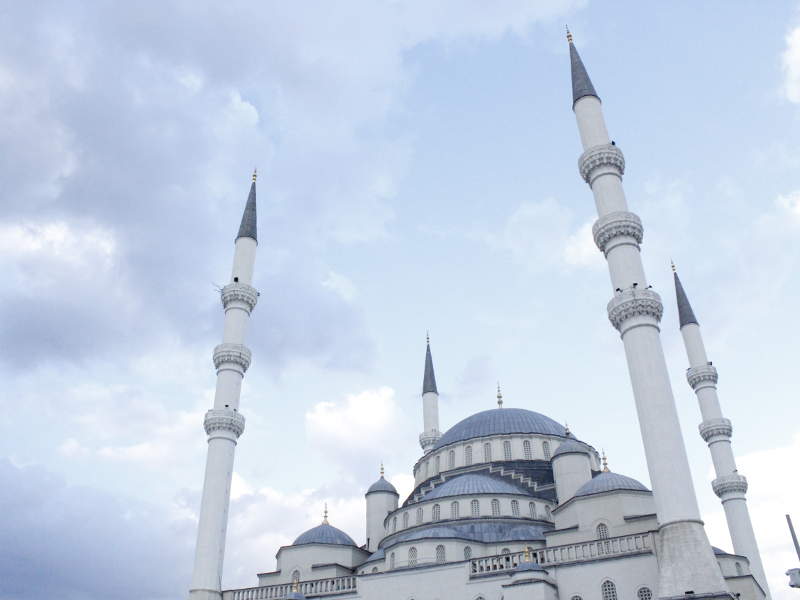Turks are Muslim, and there is no room to be anything else. In fact, Turkey’s leaders often portray Christians as against the Turkish identity. “During the independent war, we fought against lots of countries and some bishops blessed the Turks’ enemies,” explained Mehmet, a recent convert from Islam who lives in Ankara. “And because of that, people started to see Christians as an enemy… I became a Christian and immediately I felt like I betrayed my country.”
In part, it is this cultural concept that Turkey’s leaders have exploited to advance their own trajectory of power. In doing so, it has created a difficult situation for Christians. “Let’s not say it (persecution) is here yet, but waiting with just a door in the way. There is great polarization in the country, polarization not only in religion, but also politically,” worried Pastor Emre.
The situation is especially challenging for Protestant Christians, who are widely perceived as having foreign, anti-Turkish connections. Pastor Emre added, “Recently, through Andrew (Brunson), Protestant Churches and Protestants have begun to be gradually targeted. We are being implicated, we are being talked about. Some newspapers are connecting us with that case. Signs are appearing slowly. But it will be very apparent in the next few years. We hope we are wrong about this, [but that is how it looks].”
Notably, nearly all Protestant groups did not sign the declaration denying faith-based persecution. State headlines said that “leaders of every non-Muslim community” signed the document, hinting at how little the authorities regard Protestants.
Pastor Emre knows this all too well. He said, “The newspapers are making us look criminal, presenting us like we are digging the state’s gold and forcing Muslims to be Christians. So they are attacking me personally and attacking the church. Recently, they broke down signs for the church.”
A woman who attends Pastor Emre’s church has also experienced this hatred, but in a more tangible way. She told ICC, “My husband was beaten by one of them. More precisely, three people wanted to lynch him. There’s also attacks on the church, both verbally and in writing. For example, those who visit the church are verbally aggressive.”
Ömer worries that a similar situation may be in the near future for his church. He said, “We were openly threatened when our church’s name appeared in a video uploaded to social media by the president of the radical Islamic foundation. These things give us a strong impression of future oppression and persecution.”
It is clear that religious freedom is deteriorating in Turkey. For every national newspaper denying Christian persecution, several local newspapers incite it. Statements by Turkish leadership incite it. The question is, just how much worse will it get?
For interviews with Claire Evans, Regional Manager, please contact Olivia Miller, Communications Coordinator: [email protected]

